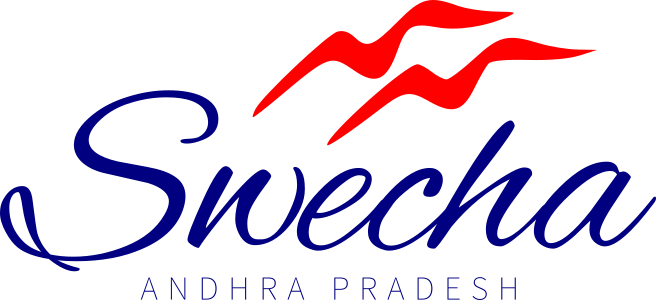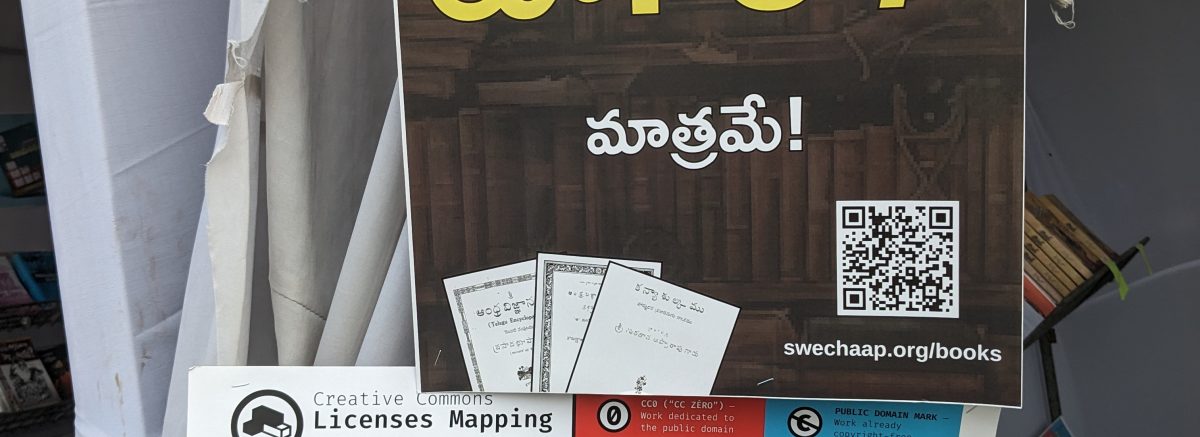Ever since we decided to present at the 35th Vijayawada Book Festival, one thing was bugging us. We needed to be a book stall of some sort but we don’t have any books to sell – other than the Balaswecha book we created in mid 2024. So we came up with an idea – an e-book store of works in the public domain!
So, we set on the task of listing all available public domain works in the Telugu language. We initially looked at Wikisource but the books available there were too less in number, which led us to Commons and Internet archive for PDF files. Sorting through various categories on Commons and collections on Archive was a tedious task. We ran PetScan queries to list all the files in various categories of interest. We then filtered PetScan results to only give us publications where date of publication is 1964 or before. This wasn’t easy, we had to parse the wikitext from Commons file metadata and several books has the date of upload instead of date of publication. We didn’t even know the year of publication for several books.
Once we had that list, we generated download links and thumbnail image links of each file using a python script and Magnus Manske’s Commons metadata API. We retrieved, file size, title, description, etc. Once we had all this data, we manually went through the data to see if any thumbnails are missing, if the titles and authors are correct. If the thumbnail is not visible on the first page, it is usually in the second or third page of the scan. Roughly 200 books were shortlisted for the e-book portal.
Once we had the data of books, we created a simple web page on our ERPNext instance to list all the books with two filters. One with year of publication and the other with the author. We also created a simple cart functionality and an option to add a donation amount. Orders were sent to our backend with Frappes built in API and our team approved orders at the stall once the donation went through!
An email trigger was setup to send an email to the buyer with list of books, their download links, size of each file, and few links for them to explore what public domain means, about copyleft, etc.
Overall, we were able to generate significant interest with people curiously stopping by, checking out books, placing orders, and enquiring us what it was about. It gave us an opportunity to pitch open licensing, access to knowledge, and the broader open knowledge movement.

